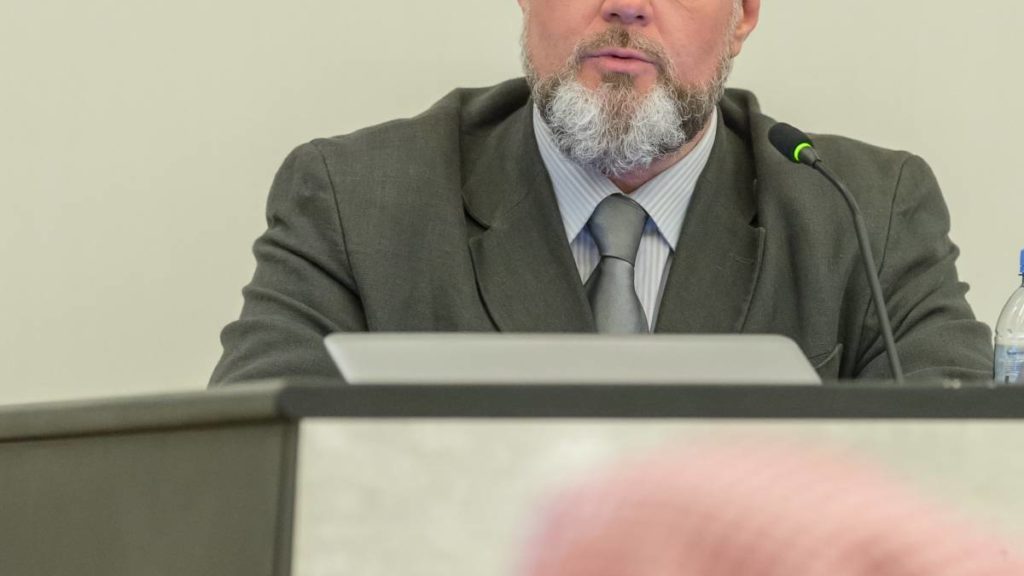Lecture Explores Complexities of Human Trafficking in West Africa

Legal historian Professor Benjamin Lawrance shared insight into human trafficking in West Africa and urban slave resistance at a recent talk at Georgetown University in Qatar (GU-Q).
Lawrance, a professor of African History at the University of Arizona, works with West African migrants around the globe. His research focuses on mobility, labor, and exploitation, including historical and modern slavery, human trafficking, human rights, and refugee issues.
Titled ‘Slaves next door? Claiming asylum and accessing justice in the global north’, the talk focused on the complex problem of contemporary trafficking in West Africa, particularly the resistance by urban slaves and the methods used to escape slavery. Lawrance shared his research into the personal, legal, economic, and social strategies used to end or change relationships of coercion, including practices such as asylum-seeking abroad and the process of domestic legal recourse.
“With the rise of global smuggling networks and limited options for escape, West African slavery is a complicated subject area,” said GU-Q Professor Rogaia Abusharaf. “We thank Professor Lawrance for sharing his research and insight with our community as part of Georgetown’s African Studies Lecture Series.”
“I hope the audience will leave my talk with a better sense of the massive scale of human trafficking and exploitation of migrants. In particular I hope they will be aware that these types of situations do indeed occur right next door,” said Lawrance before the event. “I hope listeners will recognize that learning and reading about the problem is only one part of the solution. To combat human trafficking effectively we need to recognize how our own market demands create the contexts for extraordinary profits and further the cycle of exploitation.”
The scholar, who holds a Ph.D. from Stanford University, is the author or co-author of nine books on topics such as forced marriages, refugee rights, and the trafficking of women and children. He is also the editor-in-chief of the African Studies Review, the principal journal of the African Studies Association.